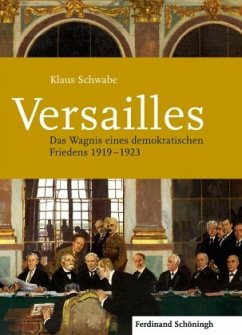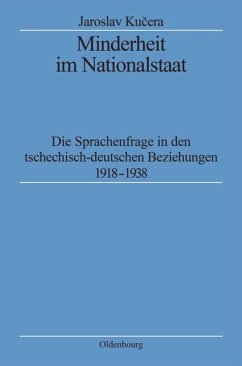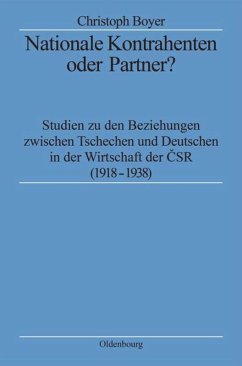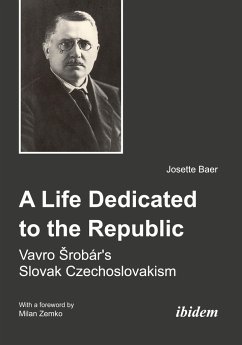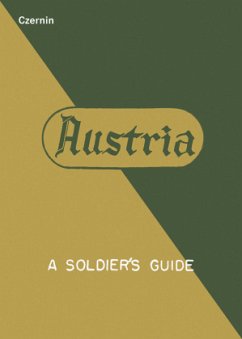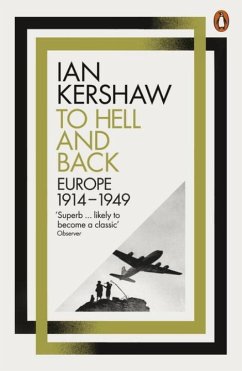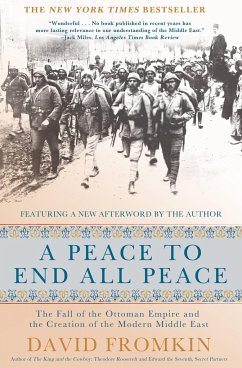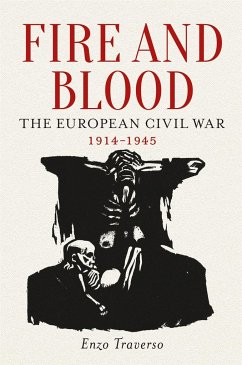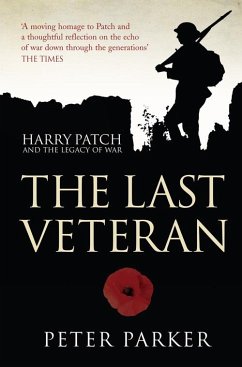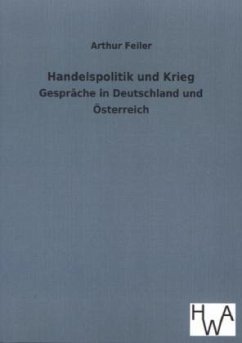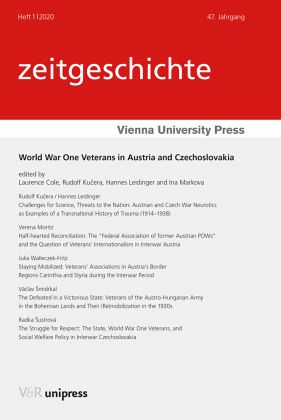
World War One Veterans in Austria and Czechoslovakia

PAYBACK Punkte
0 °P sammeln!
The First World War massively changed the scale and nature of the "military veteran question" in Europe. The enormous impact of mass deaths and destruction, the demise of old empires, and the rise of new nation states resulting from total war made the fate of ex-soldiers into a key issue that shaped all societies in interwar Europe. The unprecedented number of combatants, together with the severity and frequency of injuries incurred in industrialized warfare, meant that the relationship between ex-soldiers and the state became a crucial issue for all governments, raising major questions about ...
The First World War massively changed the scale and nature of the "military veteran question" in Europe. The enormous impact of mass deaths and destruction, the demise of old empires, and the rise of new nation states resulting from total war made the fate of ex-soldiers into a key issue that shaped all societies in interwar Europe. The unprecedented number of combatants, together with the severity and frequency of injuries incurred in industrialized warfare, meant that the relationship between ex-soldiers and the state became a crucial issue for all governments, raising major questions about welfare provisions, social policy, party politics and national memory cultures. While there has been much recent research on war veterans in Germany and other European countries, other regions of Central and East-Central Europe have attracted noticeably less attention. For this reason, this special issue presents research on the comparative history of World War One veterans in Austria and Czechoslovakia. This transnational investigation breaks new ground by investigating two neighbouring states that showed distinct patterns of immediate post-war reconstruction, as well as of subsequent development.
Dieser Artikel kann nur an eine deutsche Lieferadresse ausgeliefert werden.




